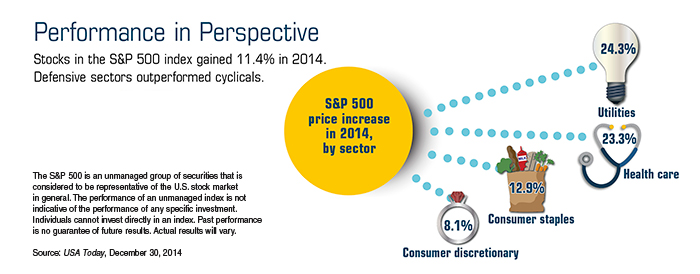- Annuity Basics Overview
- Glossary of Terms
- Frequently Asked Questions
- Annuity Basics Posts
- Deferred Annuities
- Immediate Annuities
- Multi-Year Guarantee Annuities
- Fixed Indexed Annuities
- Hybrid Annuities
- Traditional Fixed Annuities
- Deferred Income / Longevity Annuities
- Bonus Annuities
- Qualified Longevity Annuity – QLAC
- Split Funded Annuities
- Secondary Market Annuities
- Variable Annuities
X
